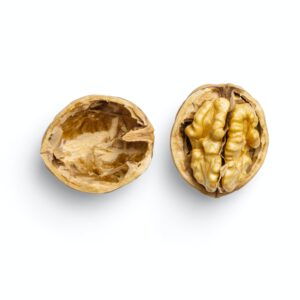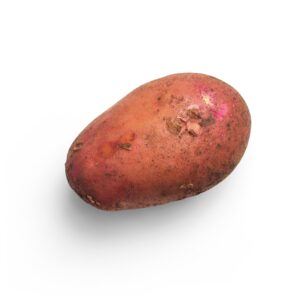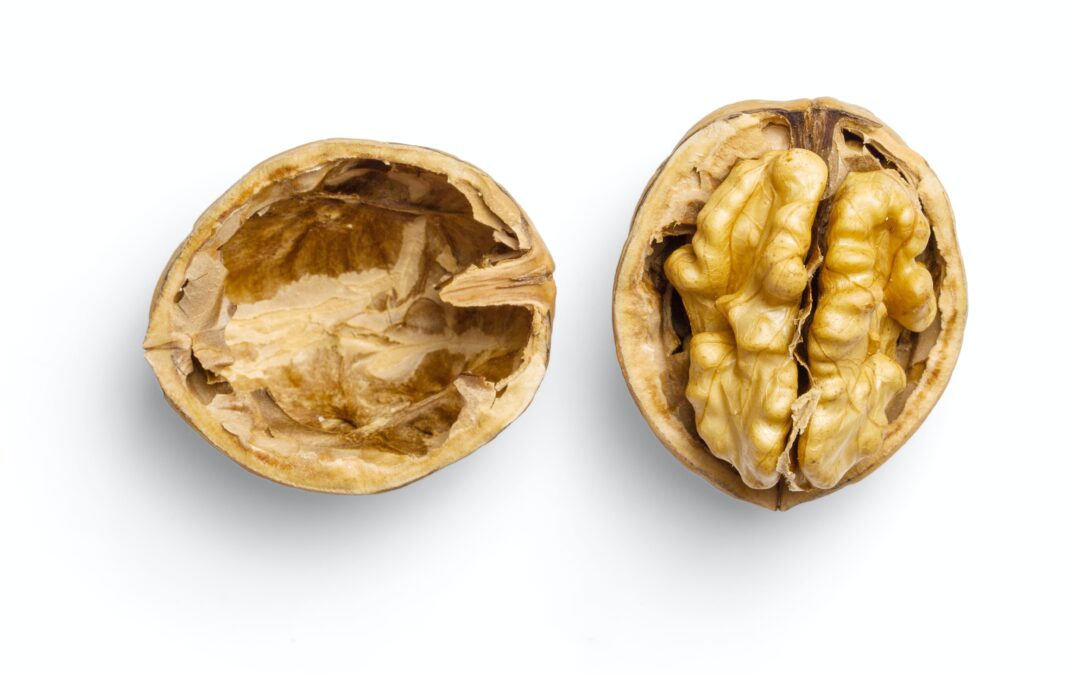In today’s fast-paced world, taking care of your brain is super important for your overall well-being. Did you know that what you eat plays a significant role in supporting cognitive function? Let’s explore the importance of incorporating high-quality protein, omega-3 fats, high fiber, and low glycemic carbohydrates into your diet to give your brain the nourishment it deserves.

-
Power-Packed Protein: The Building Blocks of Brain Cells
Protein is not just for bodybuilders; it’s a vital component for your brain too! Your brain relies on neurotransmitters, chemicals that transmit signals between nerve cells, and many of these neurotransmitters are made from amino acids found in protein. Foods like lean meats, poultry, fish, eggs, dairy, and plant-based sources like legumes and nuts are excellent choices to ensure your brain gets the amino acids it needs.
-
Omega-3 Fats: Brain’s Best Friend
Omega-3 fatty acids are like superheroes for your brain. They are essential for building and repairing brain cells, supporting healthy communication between neurons, and reducing inflammation. Fatty fish like salmon, trout, and sardines are rich in omega-3s. If you’re not a fan of fish, consider incorporating flaxseeds, chia seeds, and walnuts into your diet. Omega-3s contribute to improved memory, focus, and even mood regulation.

-
High Fiber: Your Brain’s Cleaning Crew
Just as your house needs regular cleaning, your brain benefits from a tidy environment too. High-fiber foods aid in the removal of waste and toxins from the body, preventing inflammation that can negatively impact cognitive function. Whole grains, fruits, vegetables, and legumes are excellent sources of fiber. They also help regulate blood sugar levels, providing a steady supply of energy to your brain throughout the day.
-
Low Glycemic Carbohydrates: A Steady Energy Source
Your brain prefers a steady supply of energy rather than quick spikes and crashes. Low glycemic carbohydrates release glucose into the bloodstream at a slower rate, providing a stable and sustained energy source for your brain. Opt for whole grains, sweet potatoes, and legumes instead of refined carbohydrates. This helps in maintaining focus, concentration, and preventing the dreaded afternoon energy slump.

Conclusion:
Incorporating these brain-boosting nutrients into your diet doesn’t have to be a daunting task. Start by making small, sustainable changes and gradually build up to a well-balanced and nourishing meal plan. Your brain, the control center of your body, deserves the best fuel possible for optimal performance. By prioritizing high-quality protein, omega-3 fats, high fiber, and low glycemic carbohydrates, you’re not just eating for your body but also for your brain’s long-term health. So, let’s eat smart and boost our brainpower for a brighter and more focused future!
Hope everyone had a well deserved break over the holidays. Now that we are back to it here are a couple of easy breakfast recipes you can even make the night before. These focus on our brain health with high quality protein, omega-3 fats, high fiber and low glycemic carbohydrate sources. To provide great energy to the brain and body over an extended period of time and are delicious!
Chia seed pudding (almond butter and jam)
Ingredients:
1/3 cup Chia Seeds
1 1/2 cups Unsweetened Almond Milk
1 1/2 cups Raspberries
3 tbsp Almond Butter
Directions: In a medium bowl, combine the chia seeds with the almond milk and whisk well, making sure all the seeds are incorporated. Refrigerate for at least 20 minutes or overnight to thicken. In a small bowl, mash the raspberries until they resemble jam. Layer the chia seed pudding in a jar, top with the raspberry jam and almond butter. Enjoy!
If these recipes are feeling good but your brain still needs a boost come in and discuss some nutrient
injections including b vitamins that might be right for you.

